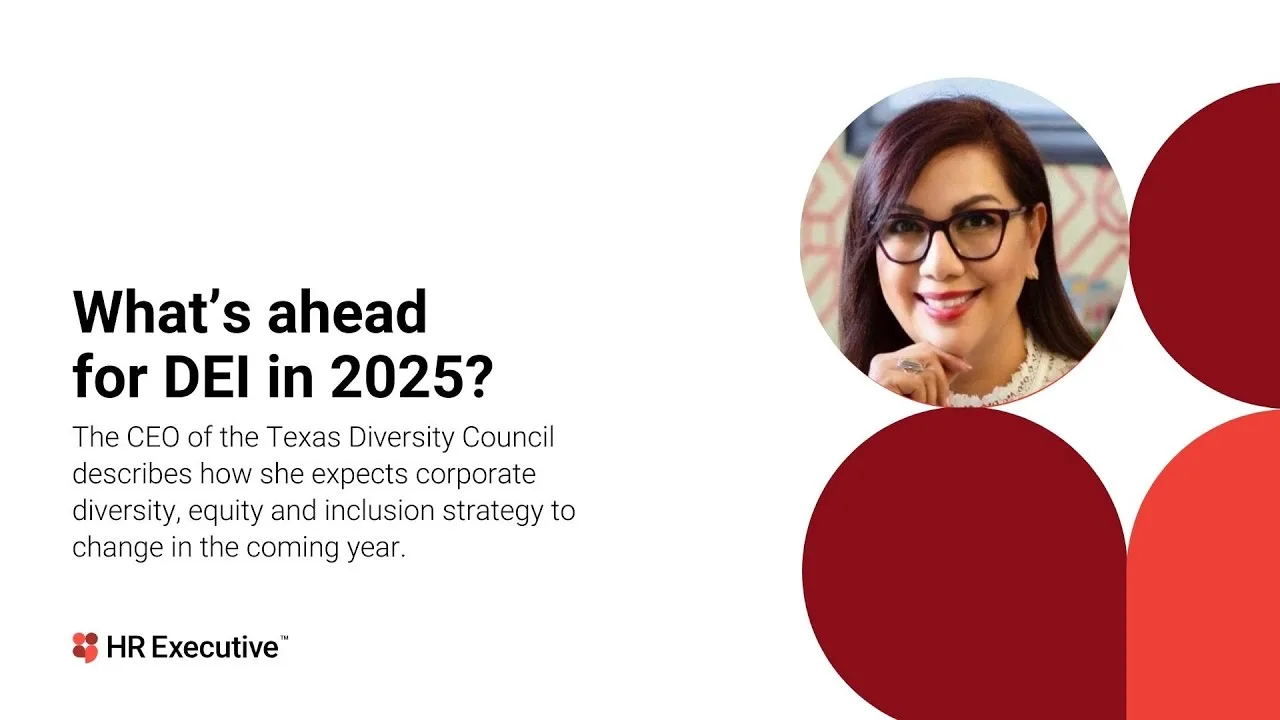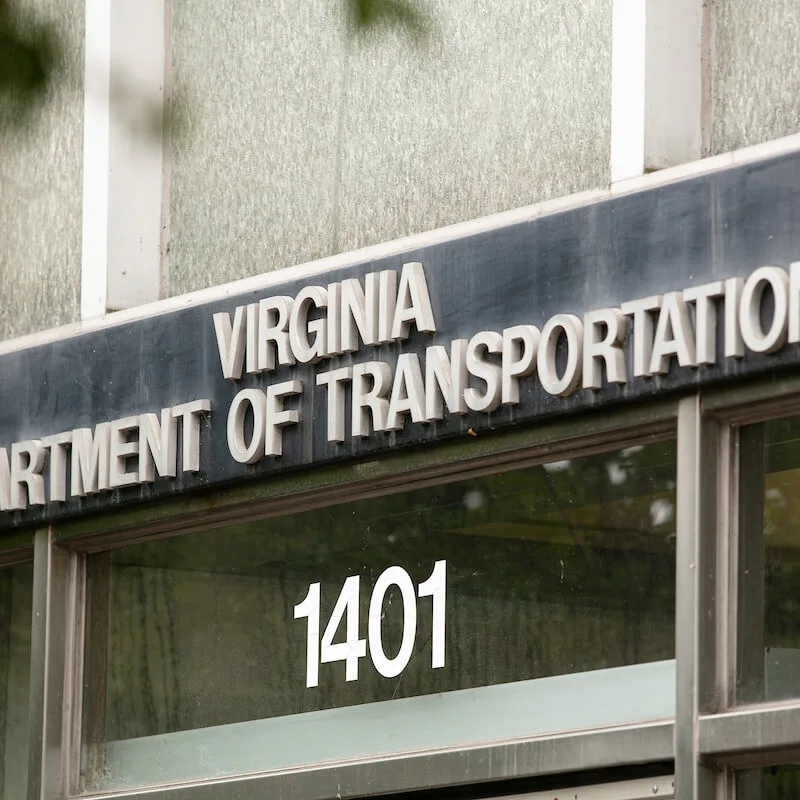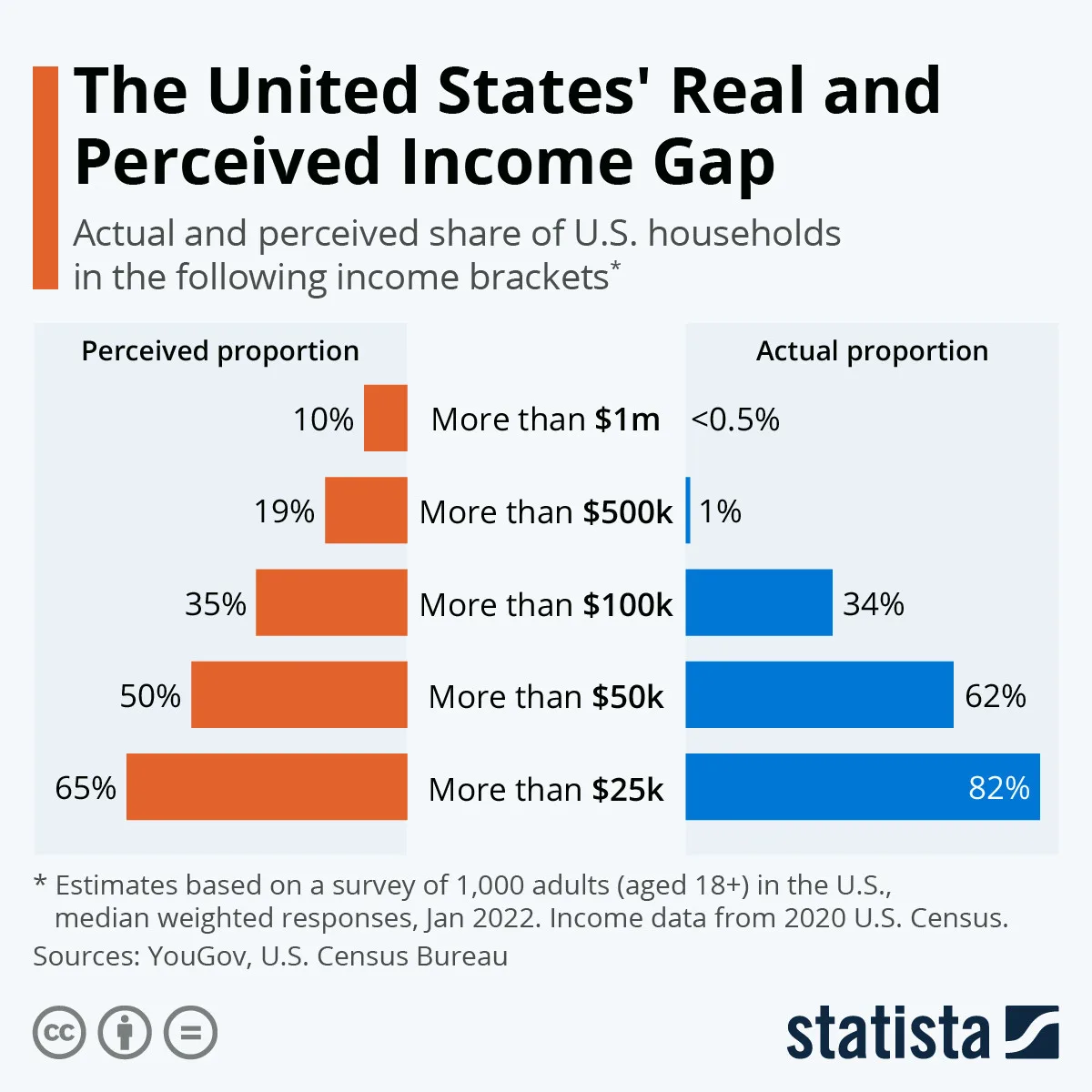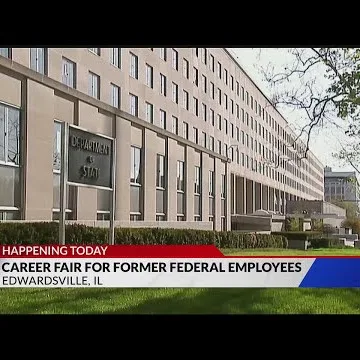As the year 2025 begins, a notable shift is occurring regarding Diversity, Equity, and Inclusion (DEI) initiatives across companies, universities, and various states in the U.S. Fueled by a growing movement against what some label ‘woke’ culture, many organizations and educational institutions are choosing to dismantle or significantly scale back their DEI efforts. This trend has garnered attention from both proponents and critics, showcasing a landscape deeply divided on the relevance and effectiveness of such programs.
In 2022, nearly 25% of U.S. companies began to take a critical stance against DEI programs, with large corporations considering strategic pivots away from these initiatives. The 2025 movement, as reported, sees states like Florida and Texas leading the charge in challenging corporate America’s embrace of DEI, pushing new laws aimed at limiting the implementation of DEI programs in both public and private sectors.
The article from NBC News highlights individuals who champion these shifts, asserting that the efforts are necessary for companies and universities to refocus on merit-based achievements. Critics argue that the initiatives can marginalize minority groups rather than elevate them. Prominent figures in the business world have spoken out on this issue, with emphasis on the moral and ethical imperfections of such programs.
In an opinion piece by a member of the Washington Times editorial board, the stance taken is that ‘sanity is returning to corporate America’ as companies reconsider their diversity and inclusion strategies. They assert that the current cultural climate in the U.S. is driving more businesses to abandon DEI in favor of a more traditional approach to hiring and employee engagement—based purely on merit.
While this realignment signifies a powerful pushback against DEI programs, advocates for diversity emphasize the importance of inclusivity in fostering innovation and progress. The discourse surrounding this issue continues to evolve, reflecting broader societal views on equality and representation while facing backlash from voters and constituents demanding accountability from corporations.
As these discussions advance, many business leaders and educators face the dilemma of balancing societal expectations with the perceived need for their entities to operate free from social and political influence. The future remains uncertain regarding how these initiatives will develop and influence corporate policies throughout 2025 and beyond.











